I’m going through President Obama’s Cairo speech. I’m very encouraged by his commitment to undo the misdeeds of the past administration.
As an atheist, though, I’d be remiss if I didn’t correct one point that the president brought up about Islam.
As a student of history, I also know civilization’s debt to Islam. It was Islam – at places like Al-Azhar University – that carried the light of learning through so many centuries, paving the way for Europe’s Renaissance and Enlightenment. It was innovation in Muslim communities that developed the order of algebra; our magnetic compass and tools of navigation; our mastery of pens and printing; our understanding of how disease spreads and how it can be healed.
This focus is misguided. Islam did not give the world algebra, the compass, printing, the ballpoint pen with erasable ink, or anything like them. Individuals can and do discover and invent such things; religions do not. Religions qua religions are not capable of advancing human knowledge because they are non-empirical belief systems. They get their data not from the physical world, but from supposed revelations. As such, they are no more likely to be right than random chance.
Religions may on occasion offer interesting hypotheses about the world or human behaviour, which someone might test. But then that’s science, not religion.
Religions have acted as a repressive force on human progress more often than a promoting force. The library at Alexandria was a repository of the great learning amassed up to that time. Its destruction over centuries is one of the great crimes against humanity. The responsible parties are the ravages of time, public indifference, conquering kings, and people acting under the influence of religion.
As Christians gained dominance in the region, they felt uncomfortable with pagan temples full of pagan documents. In 391 AD, Theophilus, the patriarch of Alexandria, urged a mob to destroy the temple at Serapis, presumably at the same time destroying whatever books were left in the daughter library. This was hailed as a great victory of the Christians over the pagans.
The final fire was in 645 AD, when the Moslem caliph Omar conquered Egypt. The story is that Omar was asked what to do about the books in the library, and gave the reply: “If the books agree with the Koran, they are not necessary. If they disagree, they are not desired. Therefore, destroy them.” According to tradition, the scrolls were used as fuel to provide hot water for the soldiers’ baths for six months.
The story may be bunk, but the sentiments are real. In the days of Galileo, churches tried to suppress knowledge. It didn’t work. Now they attempt to wall off their theology from scientific scrutiny (perhaps by saying that their god is ‘outside of science’), or they offer up ersatz science with fake facts to misinform.
I see human progress as the triumph of empiricism and reason over superstition. The credit belongs to the people who invented and discovered, not to the religions that for too long have stood in the way.





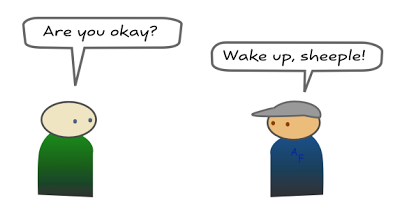
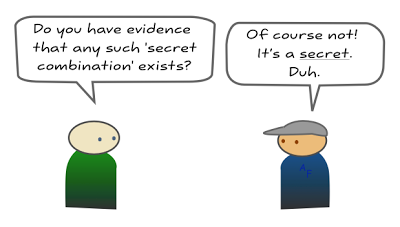
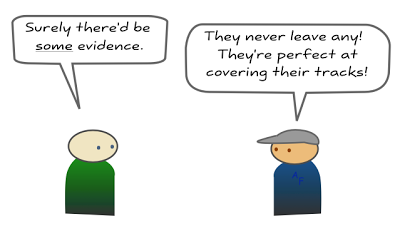
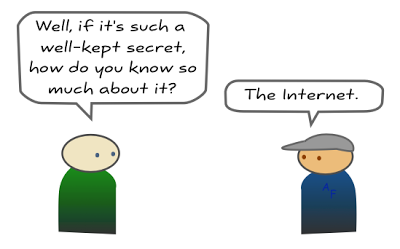
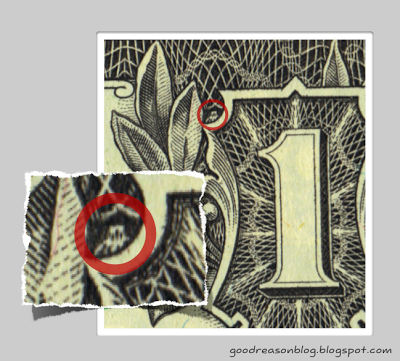

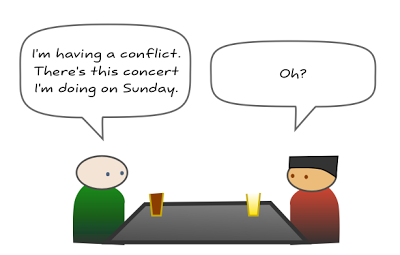

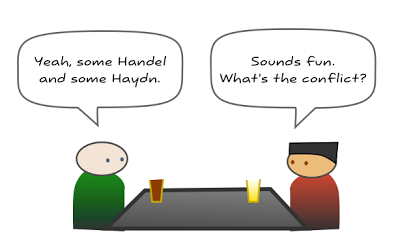
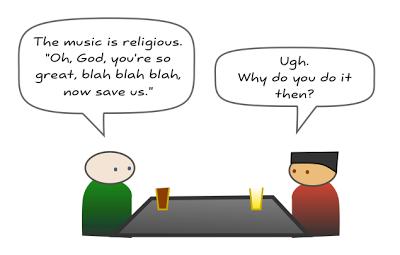
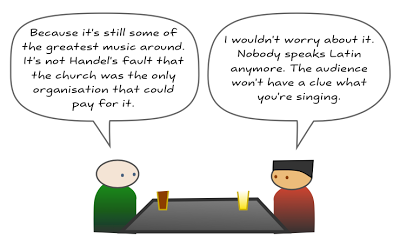
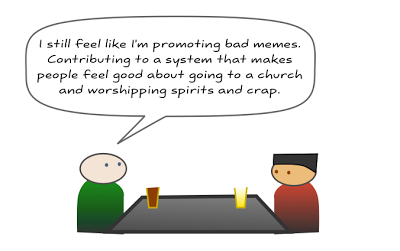

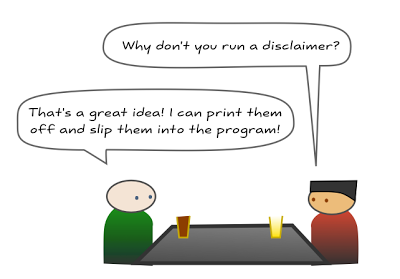
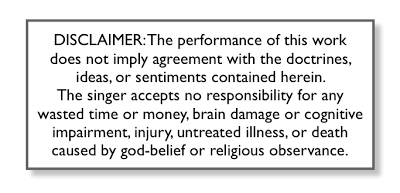
Recent Comments